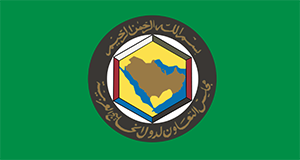The implementing of value added tax that will have wide implications for family entertainment centres in the Middle East will be at differing speeds throughout the six countries of the Gulf Cooperation Council, said a spokesman for the International Monetary Fund this week.

Jihad Azour, head of the IMF Middle East department, in an interview quoted in the Khaleej Times from the UAE, said that both the UAE and Saudi Arabia had committed to introducing VAT in January of 2018. All six countries (the others are Kuwait, Bahrain, Qatar and Oman) had agreed on a fixed rate of five per cent, are committed to its introduction, but Azour said that some countries were more advanced in their preparation than others.
Some, he said, would come in 2018 but others may take longer. He said that the VAT plan posed administrative and technical challenges for authorities, requiring them to draft detailed regulations, register companies paying the tax and create bureaucracies to oversee the system. Some experts maintained that VAT threatened to slow economic growth at a time when it is already sluggish.
At the moment it appears that amusement parks and FECs will have to charge the five per cent VAT, which cannot be passed on to the consumer.

